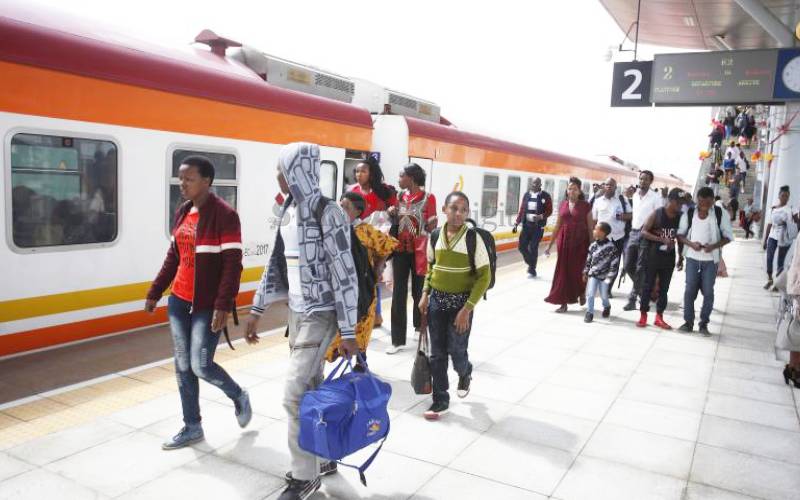×
The Standard e-Paper
Fearless, Trusted News

Perhaps therein lies the rub! That no one in Kenya takes responsibility for things when they go egregiously wrong.
The most dangerous way to make decisions is to put them in the hands of those who pay no price for being wrong—Abdalla Sheikh.